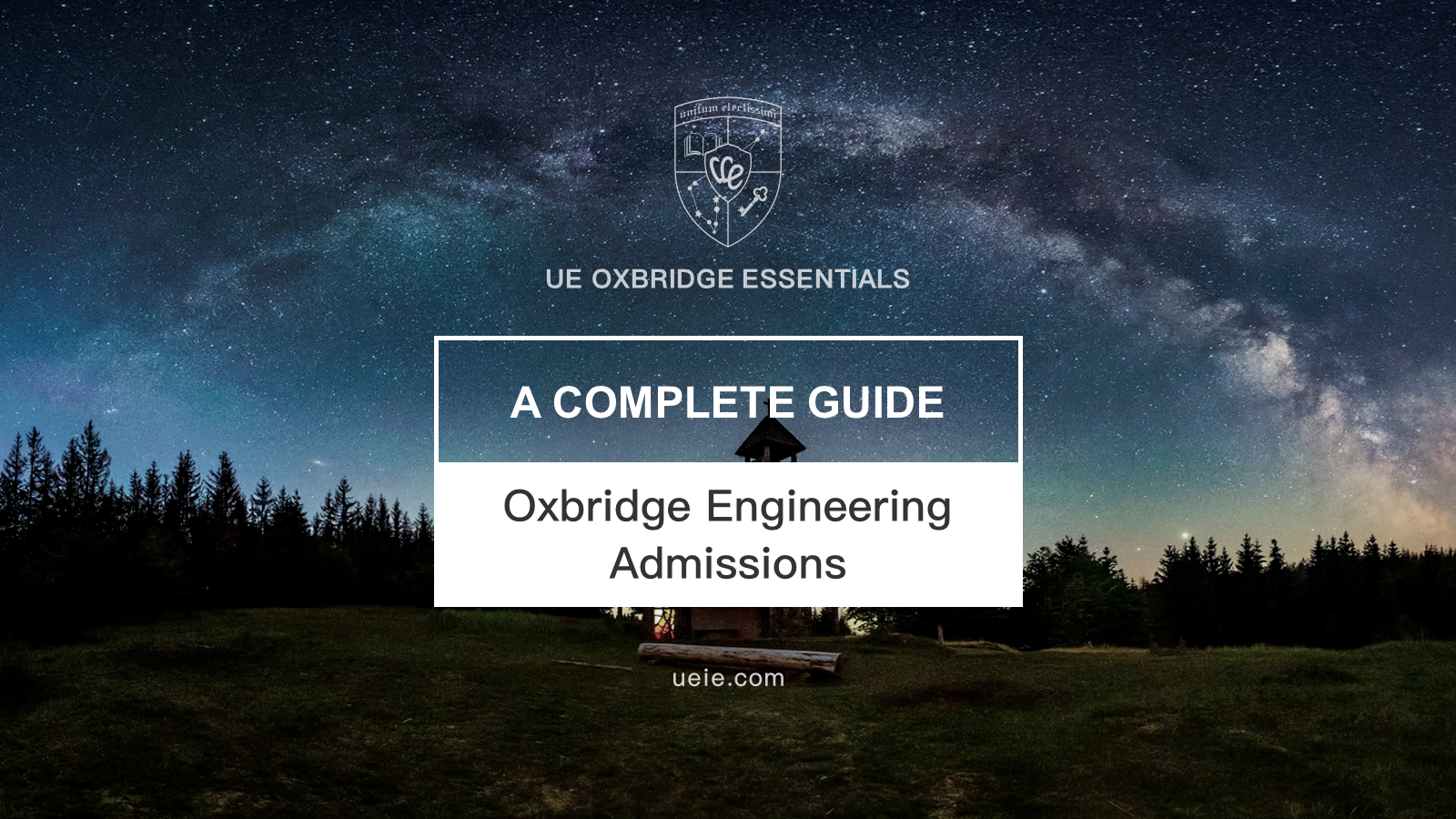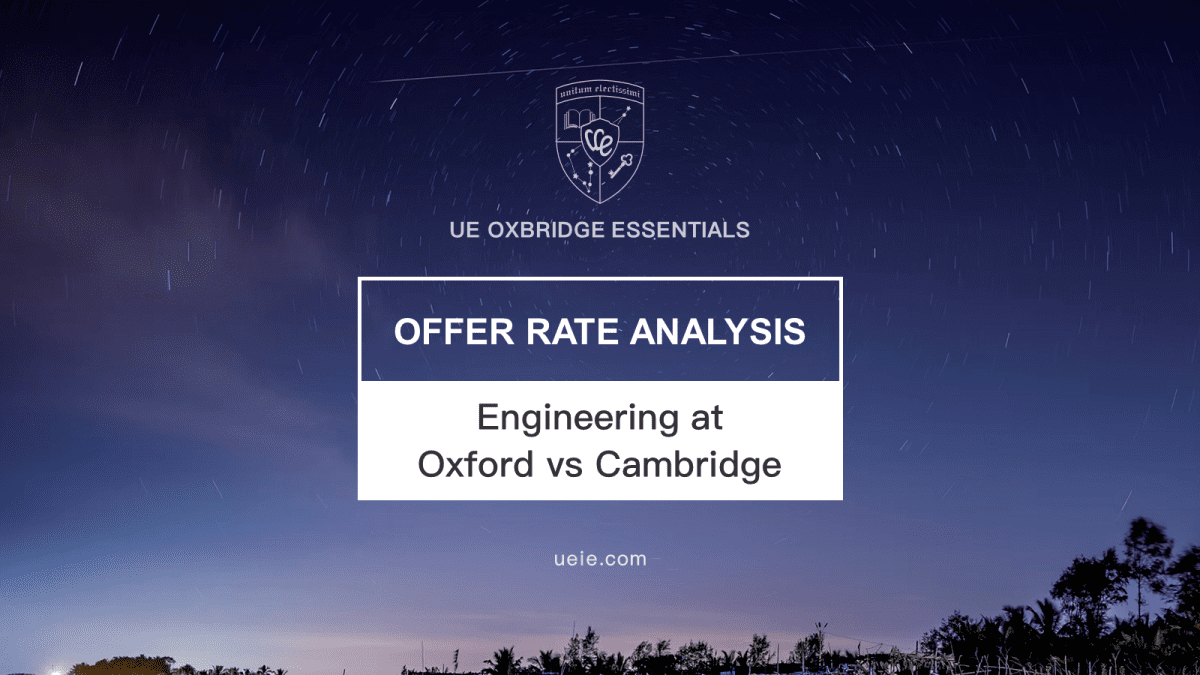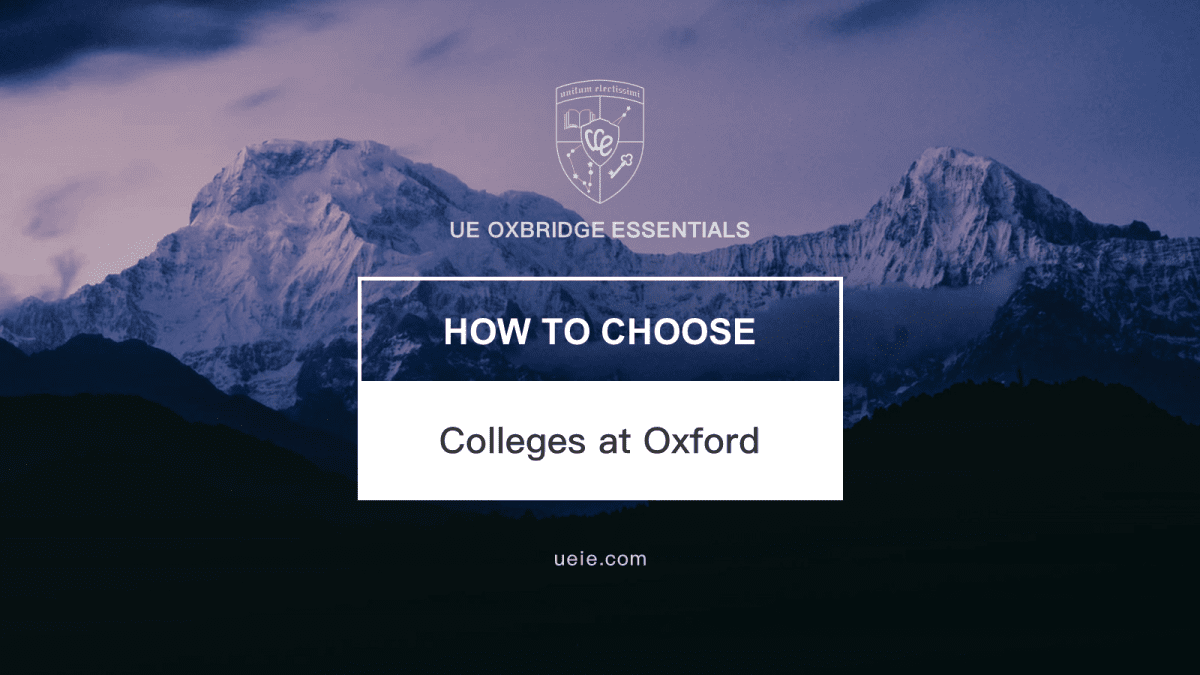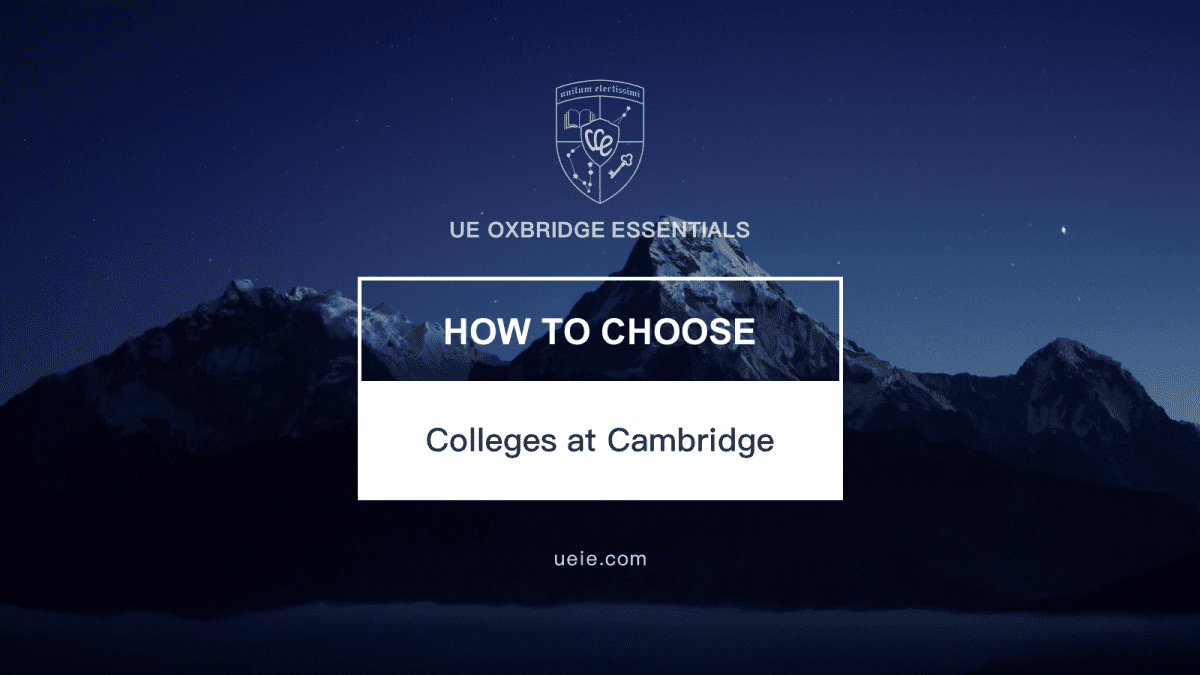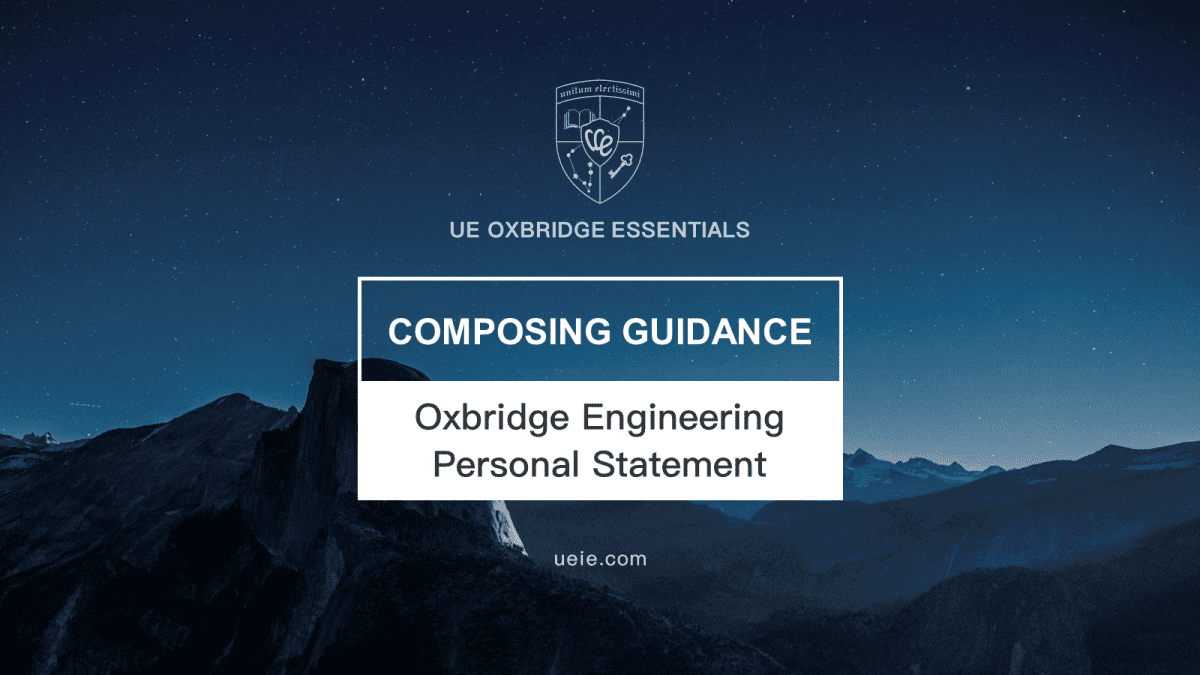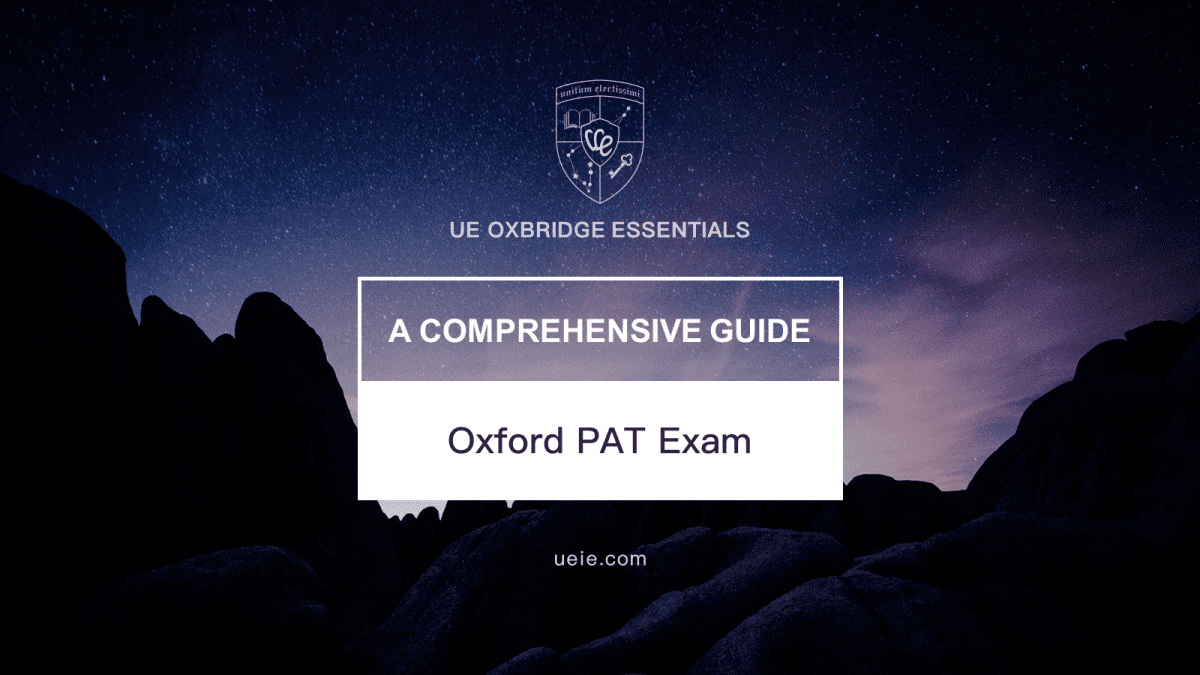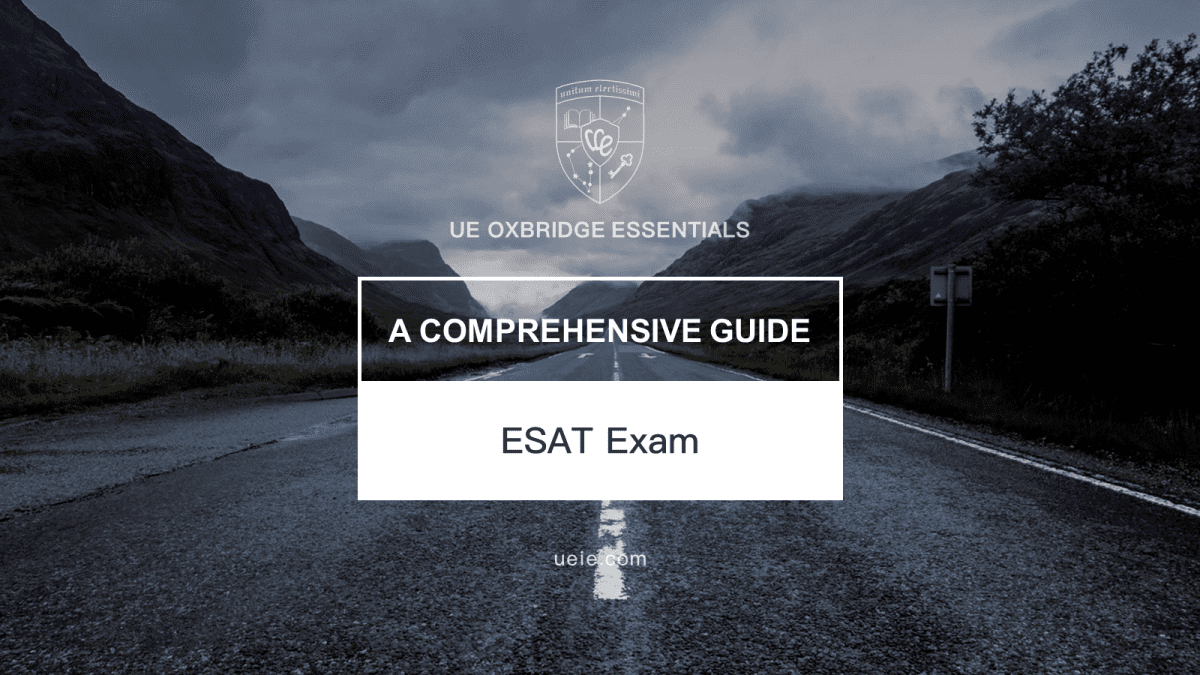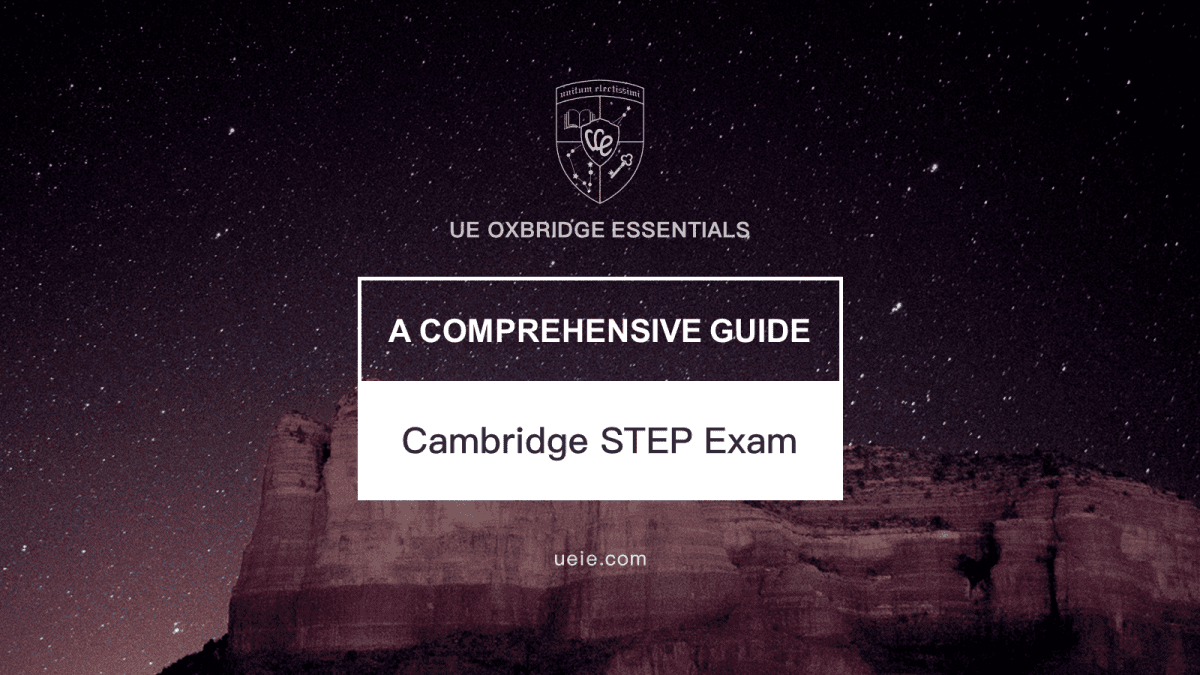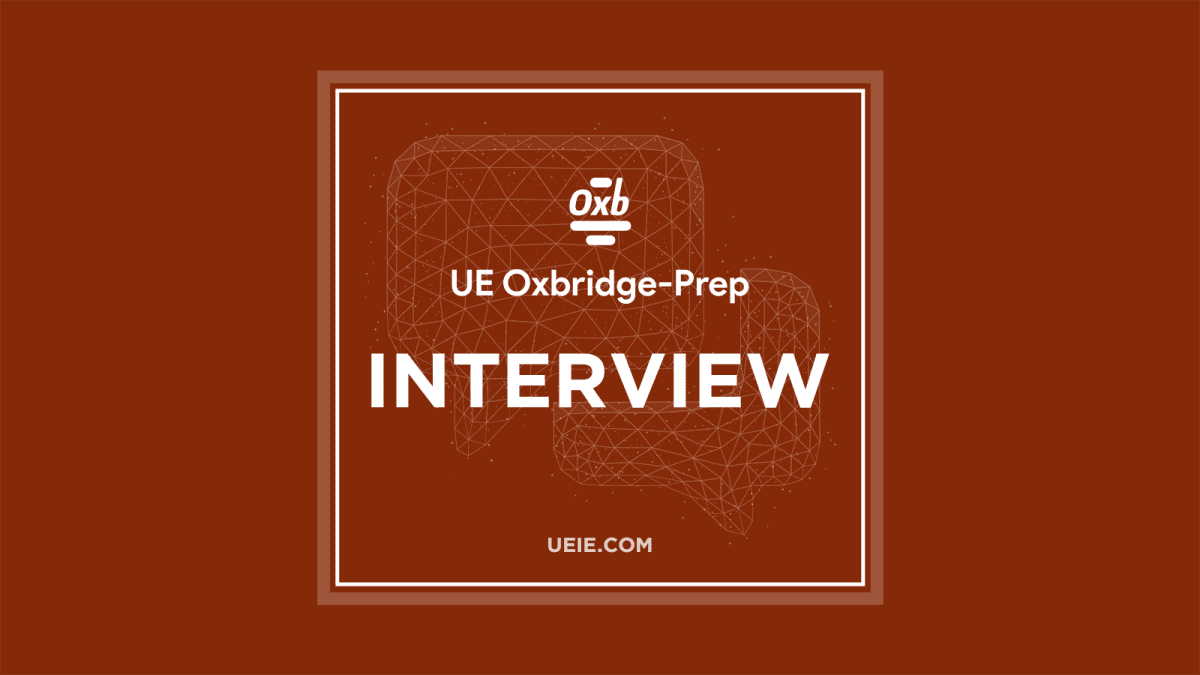I. Common Knowledge to Oxbridge Engineering Admissions
1. Choose Either Oxford or Cambridge
You can only apply to only one course of either Oxford or Cambridge in a same academic year, rather than applying to both the two universities.
2. Apply Through the UCAS
- You are required to submit your application through the UCAS (Universities and Colleges Admissions Service), which serves as the official admissions platform for universities and colleges in the UK.
- You are only allowed to list up to 5 course choices.
II. Timeline for Oxbridge Engineering Courses
Timeline for 2025 Entry
2024
June|September | Preparing for the ApplicationChoosing Your Course
Writing Your Personal Statement Preparing Your Academic Reference Choosing Your College |
August1 | Registration for ESAT Exam BeginsCambridge engineering-related courses applicants |
September3 | UCAS Application Opens
2025
III. How to Choose an Oxbridge Engineering Course?The University of Oxford has two categories of engineering-related courses, Engineering Science and Materials Science, and six sub-divisions courses within the Engineering Science:
In 2022, the University of Cambridge discontinued the original Chemical Engineering (Natural Sciences) course with the UCAS code H813. They renamed the existing Chemical Engineering (Engineering) course to Chemical Engineering and Biotechnology while retaining the UCAS code H810. Therefore, Cambridge University still offers two courses related to engineering.
IV. What Are the Oxbridge Engineering Admission Requirements?1. General Admission RequirementsThe general admission requirements for Oxbridge engineering courses are outlined in the table below:
The admission requirements for materials science at Oxford are slightly lower than for engineering science:
2. Oxford's Official Statement on Reference Criteria for AdmissionExpectations of the Oxford Engineering Department
Three points are important: First, the student should have a strong interest and curiosity in engineering science. Second, they must have a solid foundation in mathematics and physics, which is the premise for studying engineering. Third, and most importantly, the PAT scores significantly determine whether a student will be offered a place. 3. Oxford's Official Statement on Reference Criteria for AdmissionExpectations of the Oxford Engineering Department
Compared to Oxford, Cambridge’s description is more detailed, but the requirements are generally similar: First, the grades must be good; only learning A Level is far from enough; students need to explore knowledge beyond the A Level syllabus extensively. Second, students need to read more advanced and recent content related to engineering extensively. Third, students should have a strong sense of self-drive and responsibility, which can be demonstrated by participating in various engineering-related extracurricular activities. Fourth, students should have strong learning abilities and talents. Key data provided by the Cambridge Engineering Department
The conclusion of the above data is as follows: 87% of students studying A Level achieved A*A*A* or above. The percentage of students taking respective courses is 100% for Mathematics, 95% for Further Mathematics, 98% for Physics, and 62% for Chemistry. Meanwhile, the majority of IB students scored at least 43 points (HL 777) or above. Therefore, it is recommended and essential to look at the statistics and information provided by the Univerisity of Cambridge rather than relying on general admission requirements. Which is easier to apply for, engineering at Oxford or Cambridge? Let’s analyze the admission statistics from previous years. V. Application Process and Required MaterialsThe application process of applying to Oxbridge engineering is not complicated. However, there are some important details you need to know and materials to prepare before applying. 1. Materials Required for UCAS ApplicationWhen applying to Oxford or Cambridge through UCAS, you must confirm or submit the following information:
2. Differences between the Application Processes for Oxford, Cambridge, and Other UK UniversitiesThe application process of applying to Oxbridge engineering through UCAS is similar to other universities in the UK, with the exception of certain courses and circumstances. However, there are a few important points to know:
3. Official Undergraduate Application Process for the University of Cambridge
Play Video
4. Official Undergraduate Application Process for the University of OxfordPart 1: What Oxford is Like
Play Video
Part 2: How to Apply
Play Video
Part 3: Preparing
Play Video
5. Language Proficiency and High School GradesLanguage proficiency does not need to meet the admissions requirements before the UCAS application deadline of October 15, 2024, but only the admissions requirements of the relevant courses before August 31, 2025. Predicted high school grades need to be submitted before October 15th. This score is one of the critical factors for Oxbridge admissions reference. 6. Open Application (Choosing a College)It can be difficult for you to choose a college from the pool of 30 colleges at both Oxford and Cambridge. If you are not that confident or do not care which college to apply to, you can choose an open application on UCAS.
Click the link below to view our blogs about Oxbridge colleges and how to choose a college in Oxbridge. 7. Personal StatementsAs a part of the UCAS application process, every student is required to submit an application essay, also known as a personal statement (PS). The Oxbridge engineering personal statement serves as a tool for universities to better understand students’ interests in the subject and course, which also allows students to better understand their academic interests and motivations. Typically, the personal statement should encompass the following aspects:
Click on the link below for more guidance on composing an engineering personal statement and official suggestions from Oxford, Cambridge, and UCAS. 8. Academic ReferencesAcademic references (academic references at Oxford and school/college references at Cambridge) provide universities with a better understanding of a student’s abilities and potential. What’s more, admissions officers use these references to assess whether a student’s academic capabilities are suited for the chosen course and if they can adapt to the university’s learning environment. As a crucial component of the UCAS application, universities typically prefer academic references submitted by school teachers or individuals who can provide authoritative insights into a student’s academic background. Please note that academic references must also be submitted before the application deadline on October 15th. 9. TranscriptsTo find out if you need to submit the transcript when applying to the University of Cambridge, you should check the official Cambridge guidelines in the section “Completing My Cambridge Application“. VI. What Preparation is Needed for Applying to Oxbridge Engineering?1. Preparing for the Oxford PATStudents applying for physics-related courses at Oxford must take the PAT exam. Before 2019, the PAT score was not only a crucial basis for issuing interview invitations but also an important reference for conditional offers. Since 2019, the PAT score combined with the weighted cGCSE scores to form the R-score. The likelihood of receiving an interview invitation largely depends on the R-score. Due to the pandemic, the 2021 PAT score significantly impacted the chances of progressing to the interview stage. After the interview, the student’s PAT score and weighted interview score are combined to form the C-score, which is one of the important factors affecting admission. Oxford officials point out that typically students who are ranked in the top 100 by C-score are admitted. According to the PAT report given by Oxford officials at the end of 2022, Oxford hopes to continue using the R-score as a basis for pre-interview screening of candidates. If all goes as expected, the R-score will be an important basis for whether applicants for entry in 2024 will receive an interview invitation. Please refer to the blog for comprehensive understanding and preparation suggestions for Oxford PAT exams. 2. Preparing for the Cambridge ESATThe ESAT is a computer-based assessment, and it’s made up of individual multiple-choice assessments that last 40 minutes each. Students will sit these back-to-back on the day of the test. Mathematics 1 is compulsory for all candidates. And the remaining assessments will depend on the Cambridge course students are applying to. When applying for Natural Sciences, you will complete Mathematics 1 and two additional multiple-choice assessments from Biology, Chemistry, Physics, or Mathematics 2, making the test 120 minutes in total. The final scores are based on the number of correct answers you give, and you do not lose marks for wrong answers, so there is no pass or fail for ESAT. It would help if you aimed to do the best you can. Please refer to the blog for comprehensive understanding and preparation suggestions for Cambridge ESAT exams. 3. Should I Prepare for the Cambridge STEP in Advance?Some colleges at Cambridge include STEP scores as part of their admission requirements for engineering courses, such as Peterhouse College. In the past few years, UE has had students who received conditional offers with STEP scores from Cambridge, but this was an isolated case. Students and parents often ask whether they should prepare for the Cambridge STEP exam in advance. The concerns mainly focus on two points:
Here are few points that Professor Xie Tao frequently shares in his seminars for students and parents:
Please refer to the blog for comprehensive understanding and preparation suggestions for Cambridge STEP exams. 4. Interview PreparationIt is advisable to start a mock interview before receiving the invitation. Conduct at least six mock interviews covering various possible question types, scenarios, and topics, which will help improve your on-the-spot response speed and achieve the best interview results. Check our blog about Oxbridge interview preparation. 5. Academic Research ProjectsMore and more students have been participating in university academic research projects in recent years. Experience engaging in academic research and excellent academic achievements can significantly enhance your personal statement and boost your competitiveness when applying to Oxbridge engineering courses. Online research project topics are continuously updated. For more details, please refer to
While preparing for exams and personal statement can take up a significant amount of time, it is still advisable for you to engage in extracurricular reading. Typically, you are encouraged to read two deeply and broadly read more than ten books related to the field of Oxbridge engineering. Extracurricular reading can enrich the material for writing your personal statement, making it more appealing. 7. Oxford and Cambridge Summer SchoolsMany summer schools have unique selling points, but not all are worth it, especially regarding teaching staff. It is recommended for students to attend summer school with reasonable fees because the purpose is to enhance and get a taste of learning methods at Oxbridge. You can refer to our blog about the summer school of Brasenose College from Oxford. 8. Oxford and Cambridge Open DaysBoth Oxford and Cambridge Universities have open days for students to learn about and visit their preferred universities and colleges in advance. For Oxford University, 2024 undergraduate Open Days will be held on 26 and 27 June and 20 September. And for Cambridge University, currently published undergraduate Open Days will take place on Thursday 4 July and Friday 5 July 2024. For more about the open days and other related events, please check the official websites of Oxford and Cambridge for detailed information. Please refer to the following resources for more information on applying to maths courses at Oxford and Cambridge. Attached: Recommended Readings for Oxbridge Engineering CoursesThe Department of Engineering at Cambridge officially recommends 33 readings. These readings have been selected by former engineering students to broaden their perspective in the field of engineering rather than being mandatory readings for engineering courses. Therefore, purchasing these books is unnecessary before entering the University of Cambridge.
Author:David J.C. MacKay
Publisher:UIT Year:2008 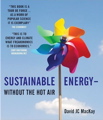
Author:Holger Babinsky
Publisher:Physics Education Year:2003 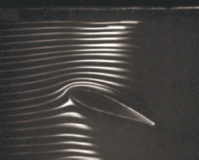
Author:Julian Allwood and Jonathan Cullen
Publisher:UIT Cambridge Ltd. Year:2012 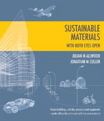
Author:Rob Lawlor
Publisher:Royal Academy of Engineering Year:2013 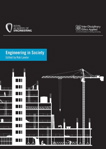
Author: Natasha McCarthy
Publisher: Oneworld Publications Year: 2009 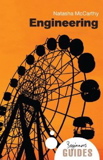
Author: J.E. Gordon
Publisher: Penguin Year: 1991 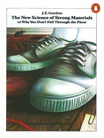
Author: J.E. Gordon
Publisher: DaCapo Press Year: 2003 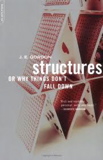
Author: Steven Vogel
Publisher: W.W. Norton & Co. Year: 2000 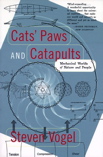
Author: Peter Forbes
Publisher: Harper Perennial Year: 2006 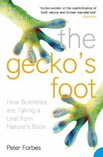
Author: W.G. Vincenti
Publisher: Johns Hopkins University Press Year: 1993 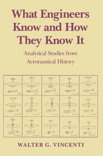
Author: James L. Adams
Publisher: Harvard University Press Year: 1992 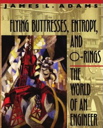
Author: Clive Maxfield
Publisher: Newnes (Elsevier) Year: 2009 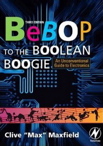
Author: Henry Petroski
Publisher: Harvard University Press Year: 1998 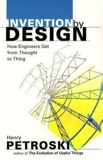
Author: Henry Petroski
Publisher: Vintage Books Year: 1992 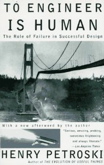
Author: Henry Petroski
Publisher: Vintage Books Year: 1999 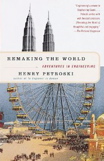
Author: Henry Petroski
Publisher: Random House Year: 2004 
Author: Henry Petroski
Publisher: Vintage Books Year: 2005 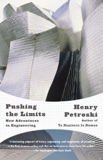
Author: Henry Petroski
Publisher: Cambridge University Press Year: 1994 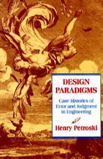
Author: Henry Petroski
Publisher: Princeton University Press Year: 2008 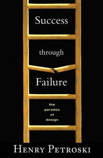
Author: Henry Petroski
Publisher: Knopf Publishing Group Year: 2010 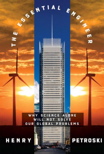
Author: Matthys Levy and Mario Salvadori
Publisher: W.W. Norton & Company Ltd. Year: 1994 
Author: Mario Salvadori
Publisher: W.W. Norton & Company Ltd. Year: 1991 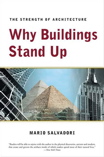
Author: David Tremayne
Publisher: J.H. Haynes & Co. Ltd. Year: 2009 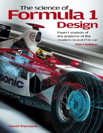
Author: Henk Tennekes
Publisher: MIT Press Year: 2009 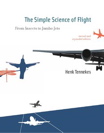
Author: David W. Anderson and Scott Eberhart
Publisher: McGraw-Hill Professional Year: 2009 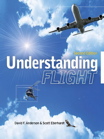
Author: Philip Ball
Publisher: Princeton University Press Year: 1999 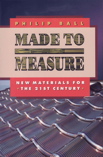
Author: Mark E. Eberhart
Publisher: Three Rivers Press Year: 2005 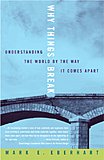
Author: Deborah Cadbury
Publisher: Harper Perennial Year: 2004 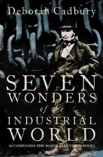
Author: Francis Spufford
Publisher: Faber & Faber Ltd. Year: 2004 
Author: Samuel C. Florman
Publisher: Souvenir Press Ltd. Year: 1995 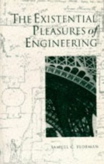
Author: Guru Madhavan
Publisher: Oneworld Publications Year: 2015 
Author: Louis A. Bloomfield
Publisher: John Wiley & Sons Year: 2009 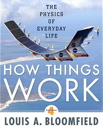
Author: Eddie Norman, Joyce Cubitt, Syd Urry and Mike Whittaker
Publisher: Longman Group Ltd. Year: 2000 
Previous
Next
Follow Us on Wechat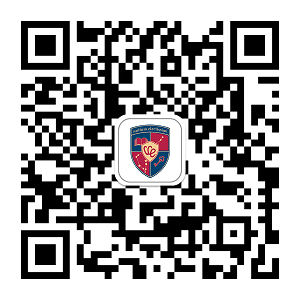 Your amount to pay has been updated
The previous conversion quote has expired. Here is your new quote:
Total
$
You Pay
Back to checkout
Place Order
|

